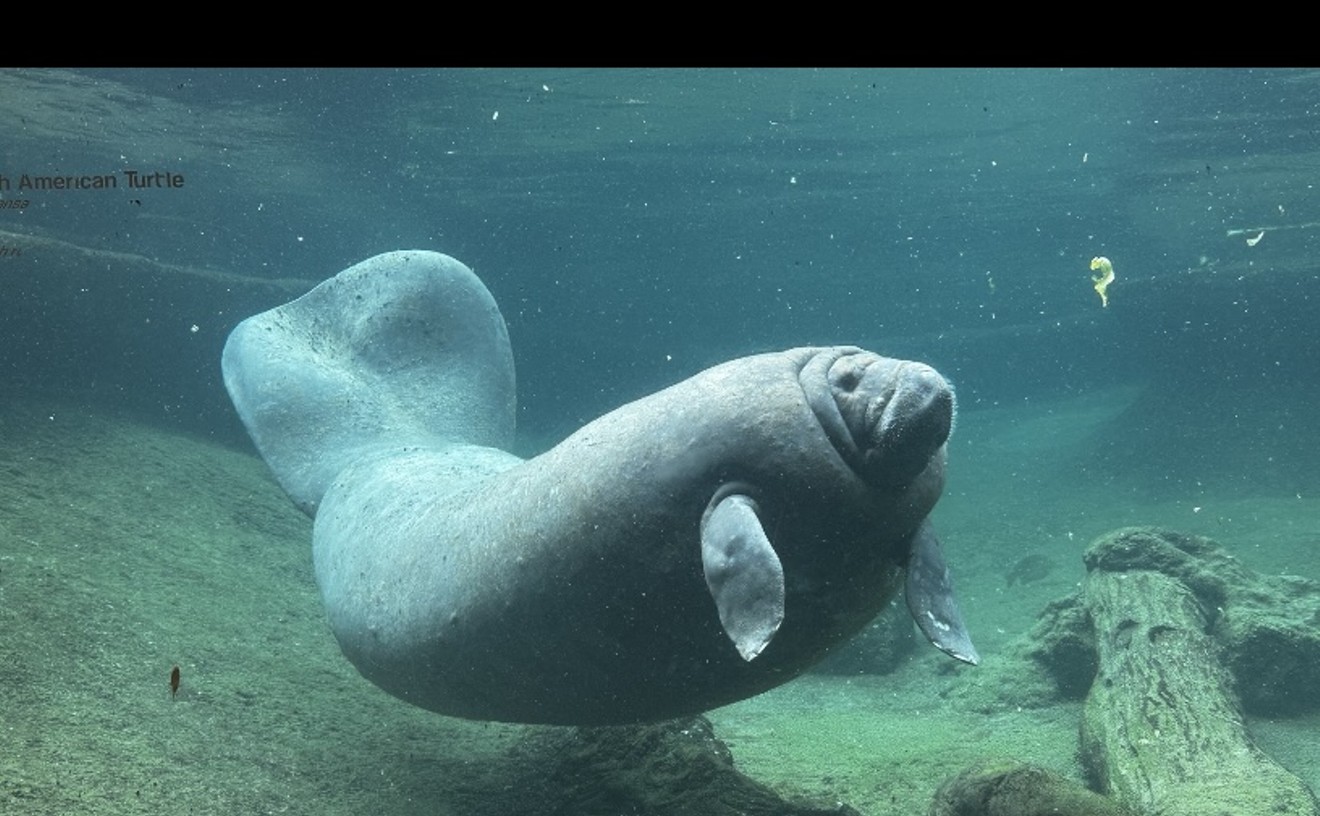Yet another park in Miami-Dade has been fenced off today after officials found high levels of arsenic in the soil. This time, it's the athletic fields at Colonial Drive Park that have been closed.
"The closure has been implemented out of an abundance of caution and as a proactive measure," the county announced this morning. "Park users can expect to see signage announcing restricted, closed areas, as well as fencing closing off those areas to the public."
See also: Miami's Toxic Parks
The closing at Colonial Drive Park, which is located in Palmetto Estates in South Miami-Dade, follows a similar closure of the baseball field at Chapman Field Park in Coral Gables after more than 20 times the normal level of arsenic was found in the soil there in June.
The county is undergoing sampling of all 263 parks; so far 215 have been evaluated to be safe, according to officials. But Miami-Dade has a long history of toxic soil.
Last year, a New Times investigation found, among other local environmental threats, that Fern Isle Park, near Marlins Park, had earlier been found contaminated with toxins such as arsenic, cadmium, and ammonia from a nearby illegal toxic waste dump used by City of Miami work crews. For years, New Times found, the county had refused to close the site.
"I would ask that you make one more attempt to bring these critical matters to the attention of the appropriate personnel," an environmental enforcement officer, John D. Andersen, wrote in a July 2012 email to a City of Miami environmental compliance officer.
The Miami-Dade Parks, Recreation, and Open Spaces Department could not be reached by New Times Thursday morning for further comment.
Follow Miami New Times on Facebook and Twitter @MiamiNewTimes.











